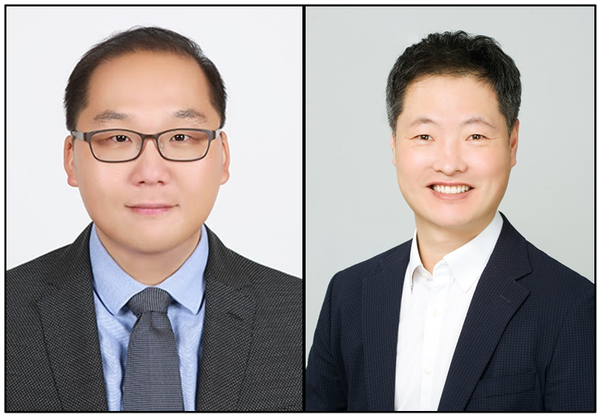Hanyang University
College of Engineering
 NewsFaculty
NewsFaculty
Faculty
| Winning a Research Project from the U.S. Army Research Institute | |
|---|---|
|
작성자 : 한양대학교 공과대학(help@hanyang.ac.kr) 작성일 : 23.04.21 조회수 : 134 URL : |
|
|
Design of fiber-type wearable friction charging material based on waste sulfur polymer composite material. a $200,000 order A research team led by Professor Wie Jeong-jae and Professor Han Tae-hee of the Department of Organic and Nanoengineering at Hanyang University won a research project from the U.S. Army Research Institute on the design of waste-based fiber-type wearable friction charging materials using sulfur polymer composite materials. Through the research project, the research team will receive research funding worth $200,000 (about KRW 255 million) for two years. Friction charging is a common phenomenon that can be easily found in our lives as electricity is generated when an object capable of having a positive charge on the surface and an object capable of having a negative charge on the surface are rubbed against each other. A generator utilizing a friction charging phenomenon is called a triboelectric generator, and a mechanical motion discarded using triboelectric generator can cause friction between negatively and positively charged objects, thereby generating useful electrical energy. The sulfur polymer is a polymer containing a large amount of elemental sulfur as a main chain and is a new material exhibiting completely different optical and electrical properties from typical carbon-based polymers. In particular, elemental sulfur, which forms a sulfur polymer, is generated every year in high purity through the desulfurization in the purification of petrochemicals. Since 7 million tons of surplus sulfur are generated every year, upcycling elemental sulfur has a potential to form a new value chain. Especially, elemental sulfur has a higher electron affinity value than carbon, and thus can easily attract neighboring electrons. Professor Wie Jeong-jae’s research team paid attention to the phenomenon and published the world's first research paper introducing sulfur polymer as a new negative charging material for triboelectric generator in the world's renowned international journal "Nano Energy (IF=19.069)" in 2019 and 2022.
The research team said, "Through close collaboration with the U.S. Army Research Institute, we will manufacture sulfur-based composite materials using waste-based elemental sulfur and use them as a fiber-type wearable friction charging system to take the lead in researching eco-friendly energy harvesting systems."
(from the left) Professor Wie Jeong-jae and Professor Han Tae-hee of the Department of Organinc and Nano Engineering |
|
| 이전글 | Developing Photocatalytic Materials for High-Efficient CO2 Reduction and Waste Water Decomposition Using Solar Power |
| 다음글 | New Technology to Implement Temperature in VR (Virtual Reality) Is Developed |
|
|

